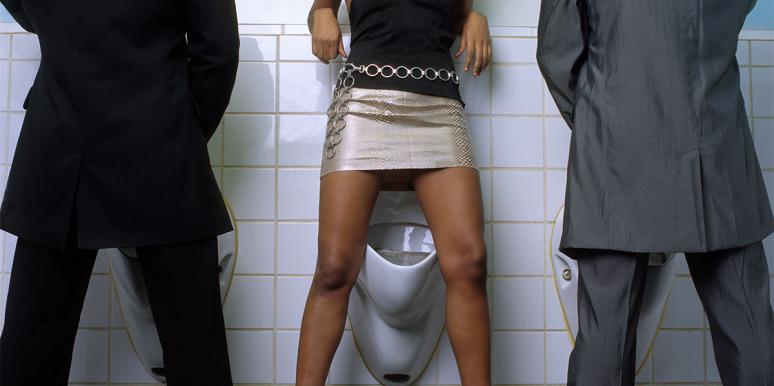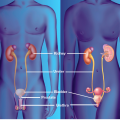When you urinate (pee) and it burns or is painful, the condition is called Dysuria. This condition isn’t about how often you go (urinary frequency), though urinary frequency often happens together with dysuria. Symptoms of painful urination can vary between men and women, but both genders usually describe it as burning, stinging, or itching. Burning is the most commonly reported symptom.
Pain can occur at the start of urination or after urination. Pain at the start of your urination is often a symptom of a urinary tract infection. Pain after your urination can be a sign of a problem with the bladder or prostate. In men, pain can remain in your penis before and after urination too.
Symptoms in women can be internal or external. Pain outside your vaginal area may be caused by inflammation or irritation of this sensitive skin. Internal pain can be a symptom of a urinary tract infection.
Why Does It Hurt When I Pee? (Females and Males)
According to an article by the Ohio State University, painful urination can be caused by several things in men and women this can include;
Urinary tract infection: Anyone can get a urinary tract infection (UTI), but this infection is more common in women. The infection occurs when bacteria make their way into the urethra and into your bladder. The bacterial overgrowth makes the urine acidic, so when it comes out of the urethra, you’ll get a burning sensation.
In addition to painful peeing, UTIs can cause symptoms such as a frequent and strong urge to pee. Studies have shown that drinking 1.5 liters of water at the onset of UTI symptoms can eradicate the infection. If increased water intake doesn’t help, antibiotics may be needed.
Yeast infection: The burning sensation you’re experiencing could also be the result of a yeast infection, which happens when there’s an overgrowth of yeast in the vaginal area. One way to tell if you have a yeast infection – as opposed to another type of infection – is that you’ll notice a thick, white discharge. Over-the-counter medications are easily available to treat yeast infection, but it’s always best to discuss your symptoms with a medical provider.
Sexually transmitted infections: Some sexually transmitted infections (STIs) can also cause painful urination. Chlamydia, gonorrhea, trichomoniasis and genital herpes can make it hurt to urinate. Other signs that you might have an STI include itchiness, changes to your vaginal discharge, and in the case of herpes, blisters, or sores on your vagina or vulva. In-office or at-home STI tests can help identify the cause of your symptoms. Treatment depends on the specific infection, but your health care provider can help you figure out the right option for you.
Cystitis: Cystitis, or an inflammation of the bladder, can be caused by a wide range of causes. However, in many cases, cystitis is caused by a bacterial infection. Many irritants can upset the bladder lining and lead to inflammation – and, ultimately, pain while peeing. Cystitis can occur secondary to infection but can also occur after radiation to the pelvis or from an inflammatory condition called interstitial cystitis (otherwise known as bladder pain syndrome). Interstitial cystitis is characterized by bladder pain that goes away when you urinate. People with interstitial cystitis also have urinary frequency, urgency, chronic pelvic pain, and pain during intercourse. ALSO READ: Watery Discharge Feels Like I Peed Myself






